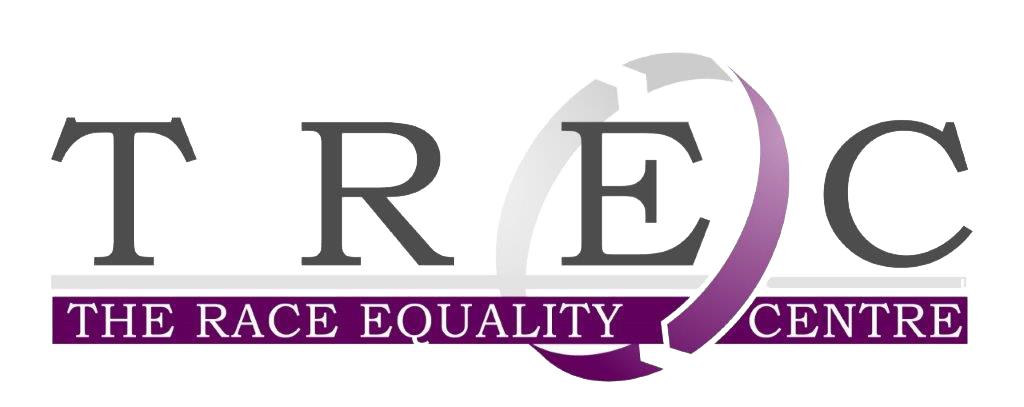RMVS Assembly Micro Grants
1. Introduction
1.1 Our vision as the Racial Minority Voluntary Sector Assembly, was to provide a service where Leicester’s racial minority organisations, through membership could make applications for funds to maintain and support their individual organisation staff or clients suffering the effects of Covid-19.
2. The Call
2.1 As there was a total of £17,000 a decision was made to approach the 150 plus members of the assembly through an initial e-bulletin followed by an email inviting them to make their application for the funds ranging from £500 to a maximum of £1000.
2.2 The funds were initially advertised on the 15 October 2020. Interest was effective with responses and requests for applications and membership. On the 22 October 2020 telephone calls were made from A-Z through our contact list advising Assembly members directly of the grant availability.
2.3 At this stage it was realised that although a lot of our members had access to email (via smart phones), they did not necessarily have access to a laptop or computer to complete the grant application form and return it.
2.4 We recognised this as a barrier preventing organisations from applying for the funds. For this reason, we slightly adjusted our outreach style allowing applications to be made via post, zoom and telephone (using the same form, which would be filled in at the time) which we found the members were very responsive too.
2.5 This allowed the service we were providing to be more deliverable to our target market, reaching multiple organisations that may not have been confident to applying through the email application process.
3. The Process
3.1 Once the process was amended, we decided to lower the amount that could be applied for (allowing more organisations to be helped). We ensured the application form was basic with very few questions.
3.2 The returned forms were reviewed weekly enabling those who made application to receive the funds the following week (or immediately thereafter). Funds were on a first come first serve basis (which was shared from the outset).
3.3 Once the outreach telephone/zoom applications were completed a deadline was set for the 13 November 2020 and all zoom and telephone applications were completed during this time. The applications were then reviewed, and funds allocated in accordance with the Covid-19 relevance.
4. The Outcome
4.1 Generally, we found that the maximum fund amount was applied for in most applications. Whereas some organisations were asking for funds to purchase laptops and equipment to enable them to work from home during Covid-19 other organisations were asking for funds to support purchasing PPE equipment. The distribution of funds was therefore allocated to reflect this, regardless to the amount applied for.
4.2 TREC believe the overall outcome of the project was successful as all funds were distributed to 24 racial minority organisations ranging from £150 - £1000 to aid them during the uncertain times of Covid-19.
4.3 Once all the funds were finished a grant evaluation form was sent out to a selection of grant receivers (10). The feedback suggested the application method was positively adaptable and smooth from the start of the process to being awarded the funds.
5. Observations
5.1 Were TREC to engage in a grant giving process again some of the improvements that would be made is as follows:
· Multiple options to submit a grant application to enable a fair process for all applicant made known from the outset
· One application submission per organisation
· Deadline for application process, fund acceptance deadline and, funds used by deadline would be stated in the application. (This was stated only in the guidance).
· Request for TREC logo to be added to any publications outreach, expressing TREC’s grant assisted in project delivery
5.2 The need to be adaptable when working with racial minority organisations is paramount when it comes to being inclusive in reducing inequalities.
5.3 There are many barriers to form filling that prevent racial minority organisations from obtaining funds. This process clearly highlighted this fact.
· The ability to confidently read and respond to application questions
· Language
· Literacy
· The complications become more obvious when the forms are lengthy, wordy and when answering and expressing needs may be difficult due to language/cultural differences.
5.4 It would be beneficial for assembly members to have a course/workshop in completing grant application forms which may be something that TREC could host in the future or if not host, signpost to organisations that may be able to provide this service. The added complication here is that most of our newly formed racial minority organisations may not have English as their first/second language, this is where TREC would be best delivering the workshops due to the bilingual staff members/volunteers and the current level of trust between TREC and the said organisations.
5.5 The benefits of workshop(s) would be to provide confidence in completing grant application forms, as TREC are aware that not all funders will make adjustments to their application process to suit the needs of applicants with language limitations and for those organisations, it is fundamental to be able to proactively apply for appropriate funds to keep going.
5.6 This would be done to encourage organisations to correctly answer the questions being asked, understand the requirement to apply the needs of the organisation to the criteria of the fund, ensure synergy of what is being applied for with the funders’ objectives. This assistance will give confidence to those organisations to make applications to larger funders.
